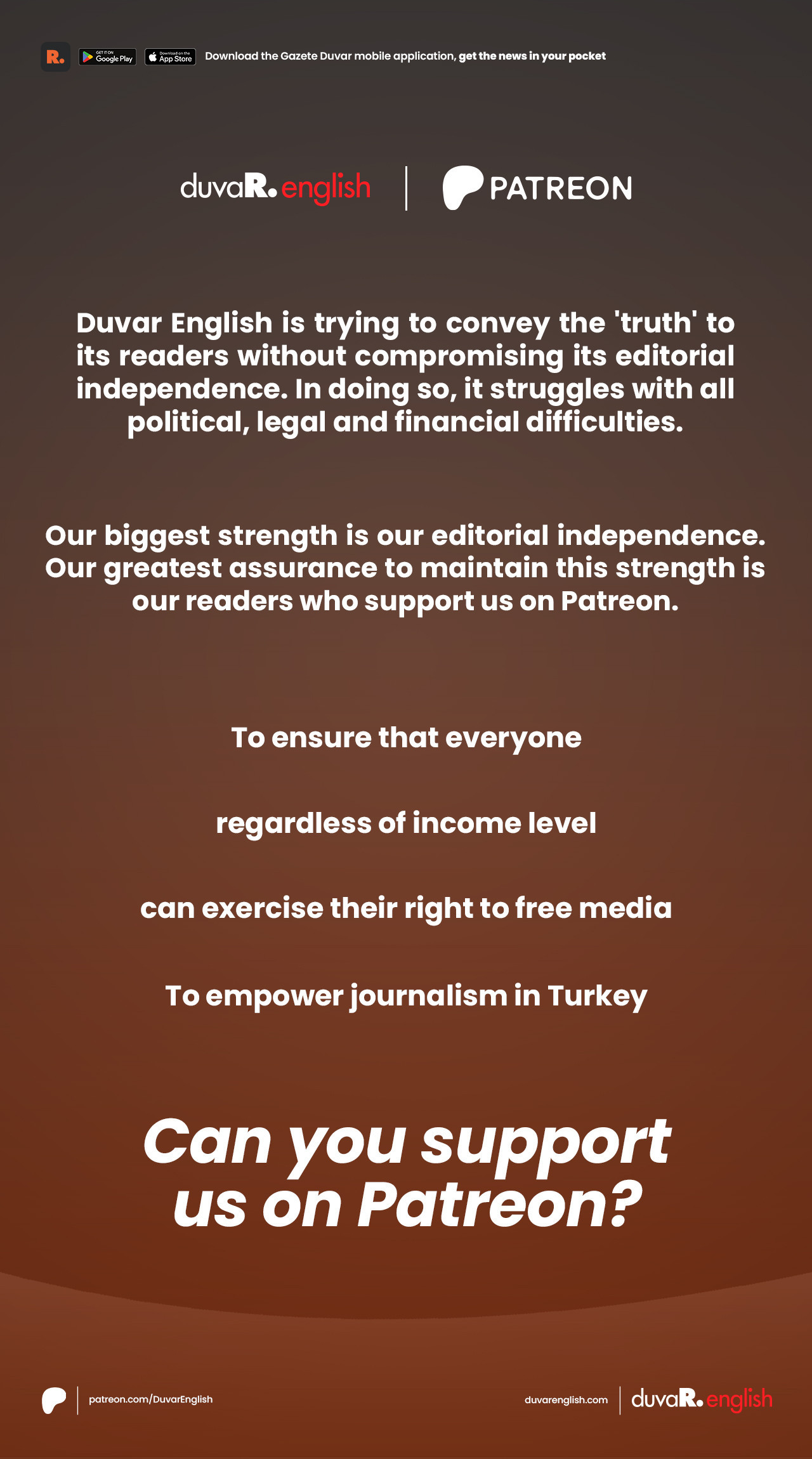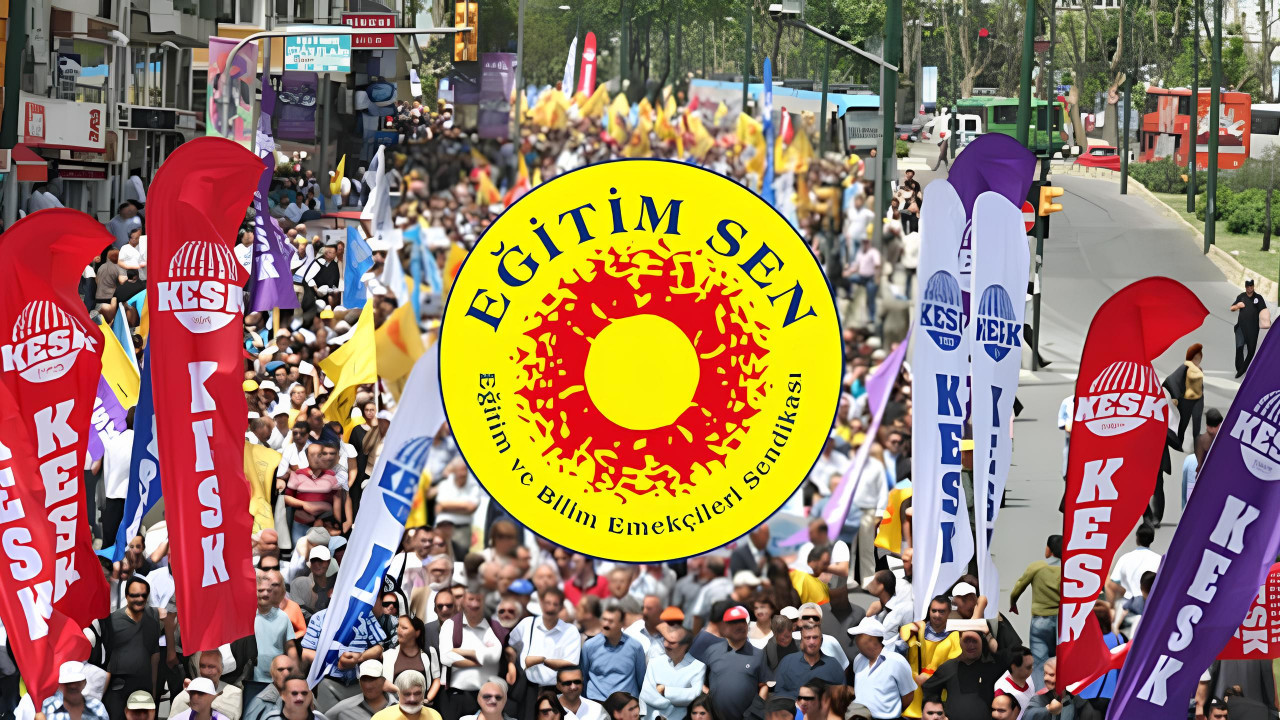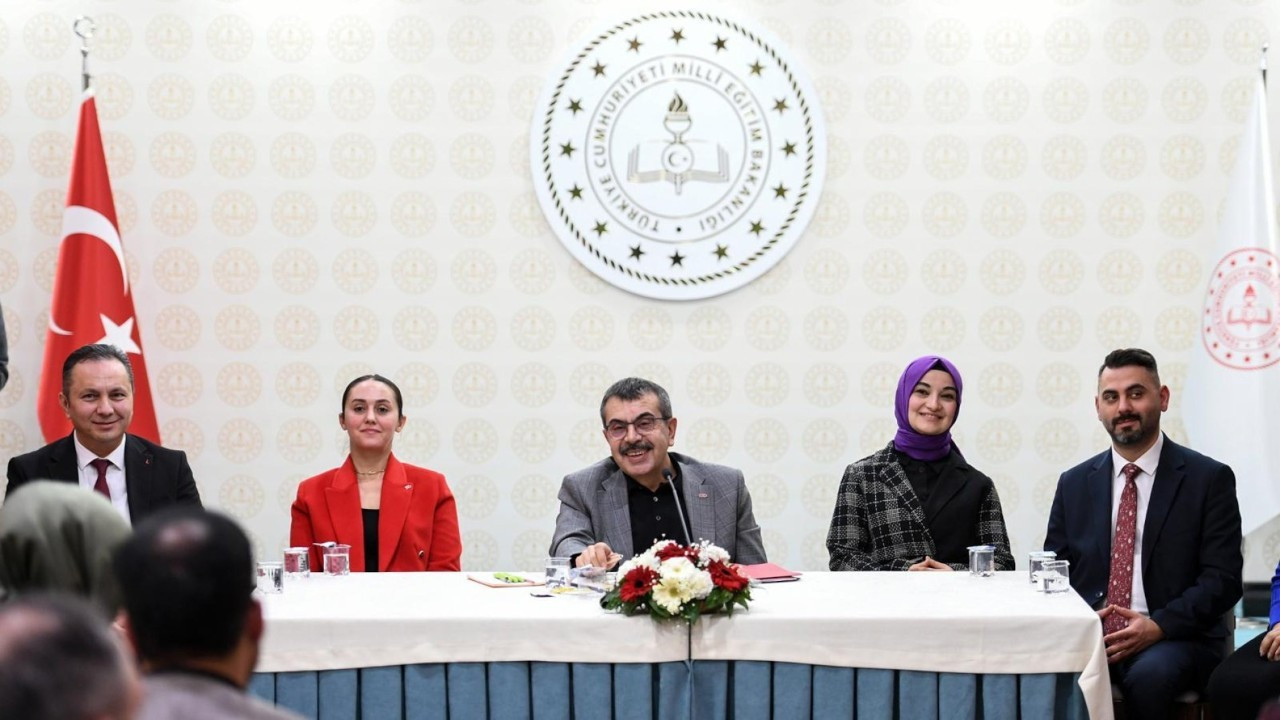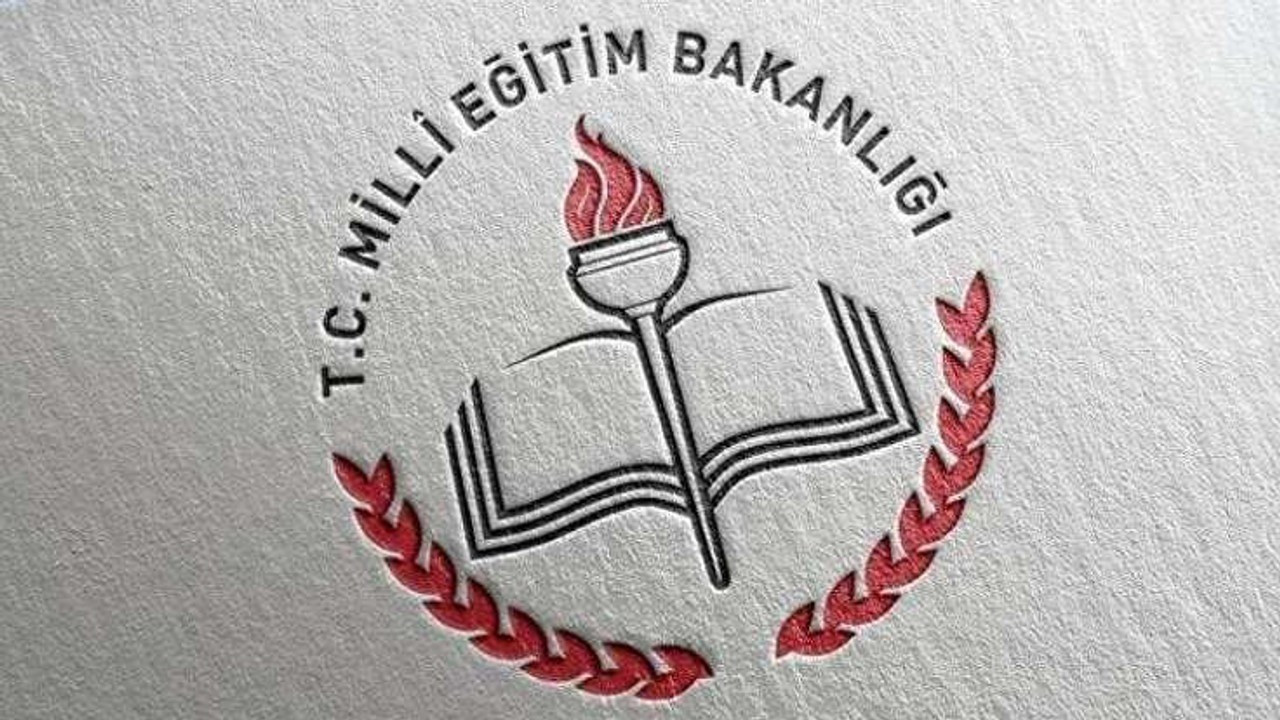Turkey's new curriculum centers religious 'values, morals,' criticize education unions
Turkey’s Education Ministry launched a new curriculum, the “Education System of the Century of Turkey,” for primary and secondary education. Educators’ union representatives voiced their criticisms about the curriculum’s preparation, content, and intentions for Gazete Duvar.
Pelin Akdemir / Gazete Duvar
Representatives from Turkey's teachers' unions on April 29 commented on the “Education System of the Century of Turkey,” a new curriculum for elementary and secondary schools for Gazete Duvar.
The document was published on April 26 and will remain available for public comments for a week.
Some 35 percent of the material was trimmed off from the new curriculum, with evolution theory limited in secondary biology, and integrals completely taken off mathematics.
This is the fourth overhaul of the curriculum in the last 22 years under various Justice and Development Party (AKP) governments. Standardized exams and educational systems have been changed numerous times. Meanwhile, the Education Minister changed nine times.
Kadem Özbay, the chair of the Education and Science Workers Union (Eğitim-iş), stated that children should not be treated as test subjects when it comes to education.
Özbay also noted that the Ministry should have justified changing a curriculum, detecting the shortcomings, and identifying the needs of the current education system.
The union chair also criticized the “ideal student” as described by the curriculum.
“You would need a theology dictionary to understand the mission statement in this curriculum,” complained Özbay, emphasizing qualities such as “rhetorician,” (belagat sahibi) and “decorous” (kâmil insan) to describe the ideal student.
The curriculum also used the words “morality” 61 times, and “values” some hundreds of times, and allocated a whole subsection to “preaching patience.”
“When we study the language and wording used in the curriculum, we cannot help but ask, ‘Are you raising disciples?’,” he rebuked.
The curriculum also praised “budgeting” for “virtuous and ethical” people, which was unacceptable to Özbay.
“The country is going through an economic crisis, and they wish to instill frugality and complacency in the poor while they live in luxury and excess,” he added.
This was one of the many reasons why the oppositional unions criticized the curriculum for serving the ruling AKP’s agenda.
Özbay also emphasized how some goals detailed in the curriculum did not correspond to real life, such as increasing applied learning in laboratory settings.
“The idea is all fancy on paper, but realistically speaking, how many schools in Turkey have laboratories?” he asked.
Chair of the Education and Science Workers' Union (Eğitim-Sen), Kemal Irmak, drew attention to the contradictions between the curriculum text and the reality of public education in Turkey.
“The curriculum limits the theory of evolution while championing itself as being built on ‘universal principles,’” he noted the contradiction.
The new curriculum was a complete step away from universal principles according to Irmak.
The education system sought to raise students with religious, moral, and national values while paying no attention to freedom of thought or belief, criticized Irmak.
The new curriculum will go into effect in the new academic year beginning in September for the first grades of each level: the first, fifth, and ninth grades in Turkey’s 4+4+4 system.
The Education Ministry announced that preparations for a new curriculum were finalized in December 2023. The new plan would be built on “Turkish values," and "illuminated by our guidepost morals," noted Minister Yusuf Tekin.
The ministry has been eliminating all information evoking the evolution theory until removing it completely from the secondary education biology curriculum in 2016.
The drafts of the curriculum published by the ministry were similarly criticized by Eğitim-Sen for putting "creationism" at the center of the biology curriculum, and referring to evolution among "unproven theories.”
The creationism theory posits that a god or divine being created the universe and all living beings in their current form.
(English version by Ayşenaz Toptaş)


 Turkish Education Ministry to put ‘creationism’ at center of biology curriculum, union saysEducation
Turkish Education Ministry to put ‘creationism’ at center of biology curriculum, union saysEducation Turkey’s Education Ministry to introduce new curriculum based on ‘national values’Education
Turkey’s Education Ministry to introduce new curriculum based on ‘national values’Education ‘Family values’ classes impede diversity, criticizes Turkish teachers’ unionEducation
‘Family values’ classes impede diversity, criticizes Turkish teachers’ unionEducation